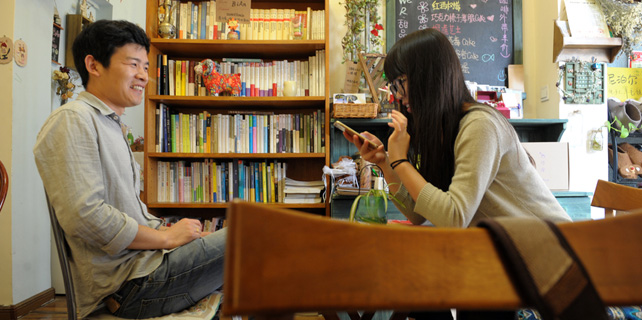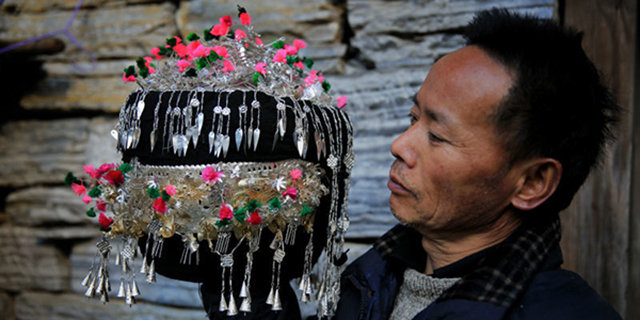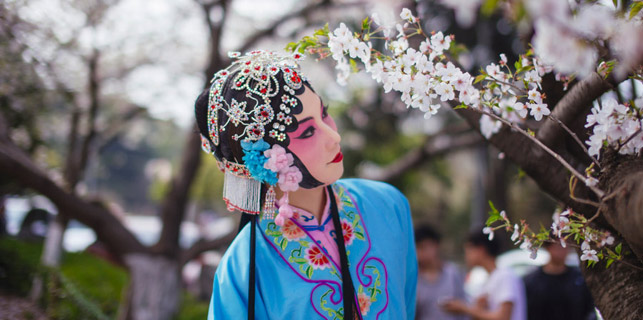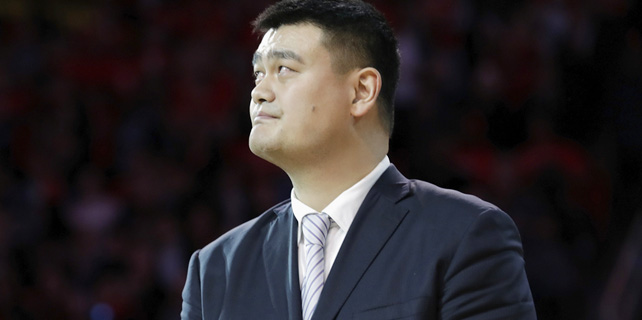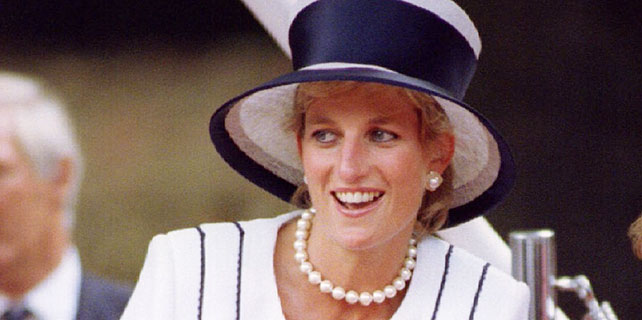Work together to promote and protect human rights
 |
|
Students enjoy lunch at Renliang primary school in Dahua county of Guangxi Zhuang autonomous region on April 21, 2016.[Photo/Xinhua] |
II
President Xi Jinping pointed out that in building a community of shared future for mankind, the international community should promote partnership, security, economic development, inter-civilization exchange and ecological progress, and strive for a world of lasting peace, a world of common security for all, a world of common prosperity, an open and inclusive world and a clean and beautiful world. This provides important guidance to the building of a fair and equitable international human rights governance system.
・ Sovereign equality is the foundation for promoting and protecting human rights. Sovereign equality is the most important norm governing state-to-state relations, and is also a basic principle in international human rights law and UN's work on human rights. As a Chinese saying goes, a single silk strand does not make a thread and a single tree cannot make a forest. International human rights affairs should be handled through joint consultations by all countries. The global human rights governance system should be jointly developed by all countries. And the achievements of human rights development should be shared by all people around the world. It is important to faithfully observe the purposes and principles of the UN Charter, adhere to the principle of state sovereignty, respect the path of human rights development countries choose for themselves and carry out human rights exchanges and cooperation as equal partners. We all should take a fair and objective view on other countries' human rights development. No one should politicize human rights or interfere in other countries' internal affairs under the pretext of human rights, not to mention attempting at regime change. To impose one's own values and model of human rights development on others, willfully interfere in others' internal affairs or even wage wars will only result in chaos and persistent turmoil, just like opening the Pandora box. There are quite many examples.
・ Peace and security are the prerequisites for promoting and protecting human rights. Security is the paramount human right. War, conflict and turbulence in a region are the primary cause of massive violations of human rights. Alan Kurdi (Aylan Kurdi), the little Syrian boy, lost his right to survival even before he could grow old enough to understand what human rights are. This sobering case gives us much food for thought. How could one possibly enjoy human rights, dignity and freedom without first having peace, security and stability? Use of force must give way to a pursuit of peace and harmony to ensure an external environment needed for human rights promotion and protection. Domestic security and stability, too, is indispensable for any country to develop human rights. There are no such things as good criminals and bad criminals, just like no distinction could be drawn between good terrorists and bad terrorists. All are equal before the law. Any organization or individual that has violated the law must be duly punished. This is the only right way to interpret the rule of law. In this connection, the efforts of countries to crack down on criminal offences and maintain public order and security deserve respect and support.
・ Development for all is crucial for promoting and protecting human rights. As an old Chinese saying goes, "People begin to pay attention to manners only when they have enough food to eat." Development, an eternal pursuit of mankind, creates the basic conditions for human rights to be realized. The 2008 financial crisis dealt a heavy blow to global development and added to the challenges of people around the world to pursue a better life and uphold their right to development. We should follow the UN Declaration on the Right to Development, take a development-based approach in implementing the 2030 Agenda, promote coordinated economic, social and environmental development, and deliver a decent life to all. Countries are entitled to participate as equals in development undertakings, and all peoples have the right to a fair share of development benefits. The international community should step up assistance to developing countries through North-South cooperation as the main channel. In rendering such assistance, elimination of hunger and poverty must be prioritized so that people in developing countries can realize their rights to survival and development. We must make sure that no one is left behind.
・ Inclusiveness and mutual learning are conducive to promoting and protecting human rights. No two tree leaves are exactly the same. Inclusiveness makes a society vibrant, while diversity defines a splendid civilization. There is no one-size-fits-all path or model to develop and protect human rights. As an integral part of any country's economic and social development, human rights must be advanced in light of specific national circumstances and people's needs. The varied approaches and practices of different countries in human rights development should serve as a source of strength for human rights development in the world, rather than a cause of confrontation or rivalry. Different countries, civilizations and ethnicities should communicate as equals, learn from and complement each other, and make progress together. We need to respect the path of human rights development chosen by the people themselves, and pursue constructive dialogue to properly handle differences and jointly explore effective ways to promote and protect human rights.
・ Democracy and people's well-being are important means to promote and protect human rights. They are two dimensions of human rights, like the two wings of a bird or two wheels of a vehicle. They both are important goals of international human rights development. Economic, social and cultural rights are connected with and inseparable from civil and political rights. The various human rights are equally important. None should be emphasized at the expense of another. Countries should advance these two main categories of human rights in a balanced way that reflects their social and economic reality and the needs of their people. In this process, due regard should be given to both the universality and particularity of human rights, both individual and collective rights, and both rights and obligations.







